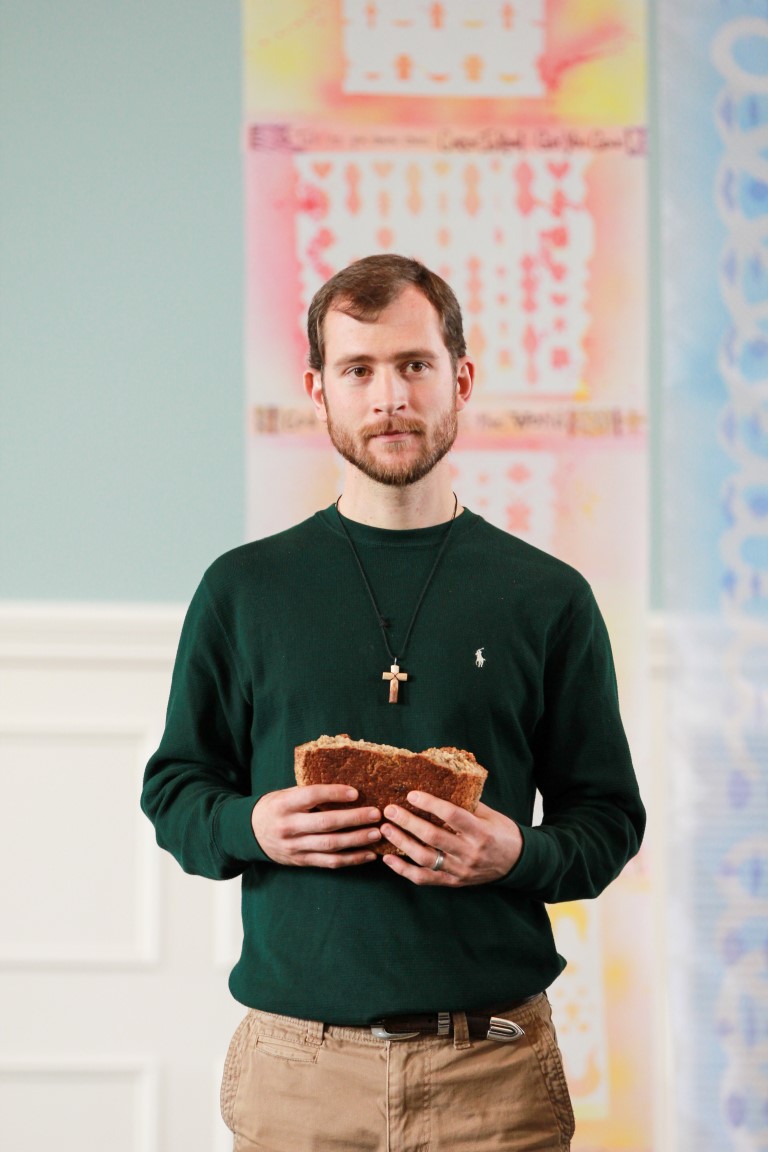Review of Ronald P. Byars, Come and See: Presbyterian Congregations Celebrating Weekly Communion
This book review can also be read in the Nov. 10, 2014, issue of The Presbyterian Outlook (Vol. 196, No. 23).
Ronald Byars believes passionately in weekly communion. For him, nothing is more important to the life of the church today, especially the Presbyterian Church (USA). Byars is convinced that the Lord’s Supper is uniquely able to offer healing and reconciliation to a denomination deeply divided over moral and political issues. Moreover, the Lord’s Supper is the best way for Presbyterians to reach out to a postmodern society that longs for visible, tangible expressions of grace.
Byars, formerly professor at Union Presbyterian Seminary after many years of pastoral ministry, has made his theological, historical case for weekly Eucharist in previous books. Now he simply declares, “Come and see.” Drawing from a wide range of interviews with pastors and members of congregations, Byars argues that the best case for weekly communion is the very experience of weekly communion. Presbyterian congregations that have made the transition to weekly eucharist report blessings far beyond anything they imagined.
In the text, Byars highlights the experience of church planters and PTS alums Christopher Brown and Michael Gehrling (The Upper Room, Pittsburgh); Jeff Eddings and Jim Walker (Hot Metal Bridge Faith Community, Pittsburgh); and BJ Woodworth and John Creasy (The Open Door, Pittsburgh). Each of these church plants offer weekly eucharist.
Byars offers wise suggestions to pastors and congregations considering weekly communion. An extended process of study and discussion may be helpful. Certainly, pastoral sensitivity is essential. People may worry that weekly communion will become rote and routine, or that giving prominence to the Supper will undermine the centrality of spoken, rational words of instruction (the sermon).
As Byars notes, something else may be at the core of people’s concerns. If we experience communion as nothing more than an extended meditation on the death of Christ, a reenactment of his Last Supper with his disciples, we will associate it with Good Friday—and who wants to observe Good Friday every week? But if the eucharist promises an encounter with the risen, living Lord, it becomes a moment of joy and wonder for which we long every time we worship.
I wonder, though. Presbyterian churches often seem more attuned to the horizontal than vertical dimensions of the eucharist. What we experience at the Lord’s Supper is more often our love and care for each other than an encounter with a holy, transcendent God who comes into the world to turn it upside down.
Communion—and especially weekly communion—ought to raise painful questions: Why are Christian churches separated from each other? Why does the world, and the church itself, remain so sinful and broken, despite God’s promises of unity and new life? Are we really eating the Lord’s meal when we gather, or has it become nothing more than another community meal?
I share Byars’ commitment to weekly communion. More than once, students have asked me why no one introduced them earlier to Calvin’s beautiful vision of the Holy Spirit lifting us up to heaven when we receive the bread and cup. When they become pastors, some help their congregations discover weekly communion.
But I believe that eucharistic renewal will be incomplete unless it is accompanied by deeper commitment in the church to disciplines of self-examination and confession. The Lord’s Supper can give life only if we learn to die to all that separates us from God and each other. I’d like Byars to talk more about the fear and trembling that also belong to encountering the risen Lord.
The Rev. Dr. John P. Burgess is the James Henry Snowden Professor of Systematic Theology. An ordained Presbyterian minister, Burgess was a Fulbright Scholar to Russia in the fall of 2011, and a Luce Fellow in Theology for 2012. These awards supported his current research on the role of the Russian Orthodox Church in shaping a new national identity for post-communist Russia. Additionally, Burgess is a research fellow at the Center of Theological Inquiry during the 2014-2015 academic year.

